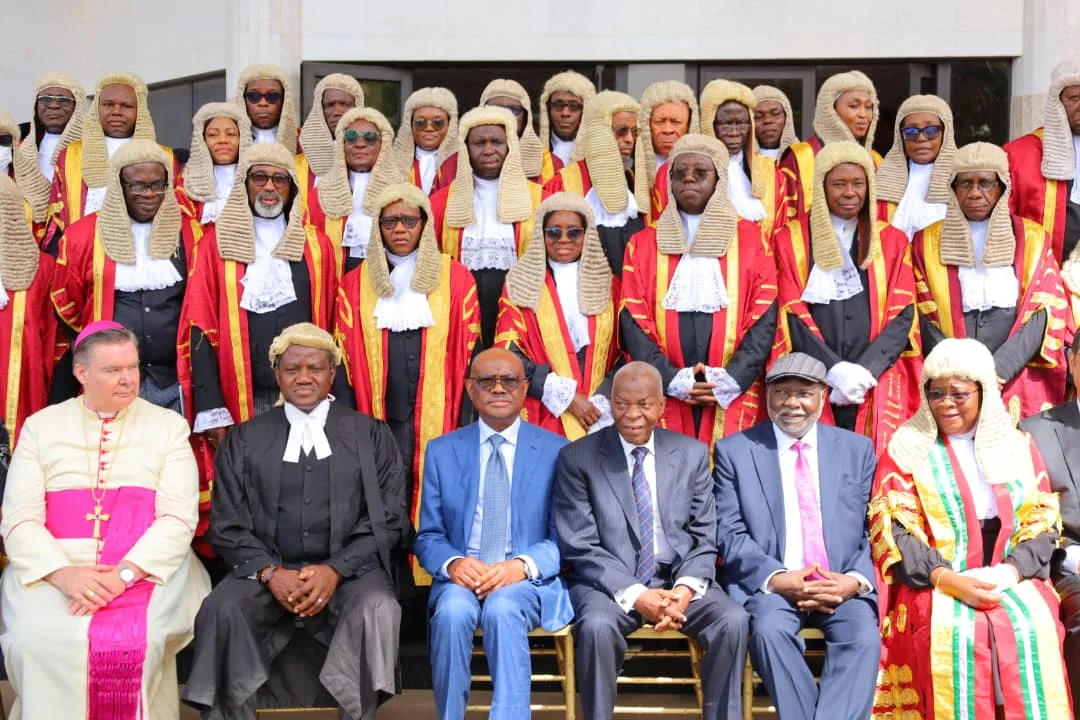Accommodating the Rising Industrial Potential of Cannabis in Ghana
Ghana’s minister of interior can now issue permits for the cultivation of cannabis, specifically for industrial purposes, while adhering to Tetrahydrocannabinol (THC) limits. THC is the primary psychoactive component of cannabis responsible for its “high” effect.
According to Bloomberg, the law legalizing the cultivation of cannabis for industrial and medical uses has been approved by Ghana’s parliament. This landmark decision allows the West African country to tap into the lucrative multibillion-dollar global market.
The legislation faced a significant hurdle when the Supreme Court deemed section 43 of the statute unconstitutional. However, parliament responded swiftly by passing the Narcotics Control Commission (Amendment) Bill 2023, which now awaits enactment.
The Ghanaian government recognizes the industrial potential of cannabis and aims to explore its usage in fiber and seed production with controlled growth. This strategic move aligns Ghana with numerous African countries that have shifted from prosecuting cannabis-related offenses to endorsing legal cannabis cultivation for medical and scientific purposes.
Over the past five years, at least 10 countries, including Lesotho, Zimbabwe, South Africa, Uganda, Malawi, Zambia, Ghana, eSwatini, Rwanda, and Morocco, have enacted legislation to legalize cannabis production. These progressive measures reflect a growing trend in Africa.
However, as highlighted by The Conversation, policymakers must address critical concerns to ensure that the cannabis sector’s transformation positively impacts the economy and the livelihoods of Africans. One crucial aspect is ensuring the involvement of small-scale producers in the legal cannabis industry.
As it stands, there is a notable bias toward corporate firms within the new regulatory frameworks, potentially overshadowing the participation of smallholder farmers. To fully capitalize on the potential benefits, it is vital to prioritize inclusivity and empower ordinary producers within the legal cannabis landscape.
In conclusion, Ghana’s recent move to authorize permits for industrial cannabis cultivation marks a significant step towards harnessing the economic potential of this versatile plant. By enacting appropriate legislation, Ghana joins the ranks of African nations that have embraced the legalization of cannabis for medical and scientific purposes. To ensure the industry’s success, it is crucial to create a fair and inclusive framework that fosters the involvement of smallholder farmers alongside corporate entities. This inclusive approach will not only stimulate economic growth but also empower local communities across Ghana and the entire continent.





